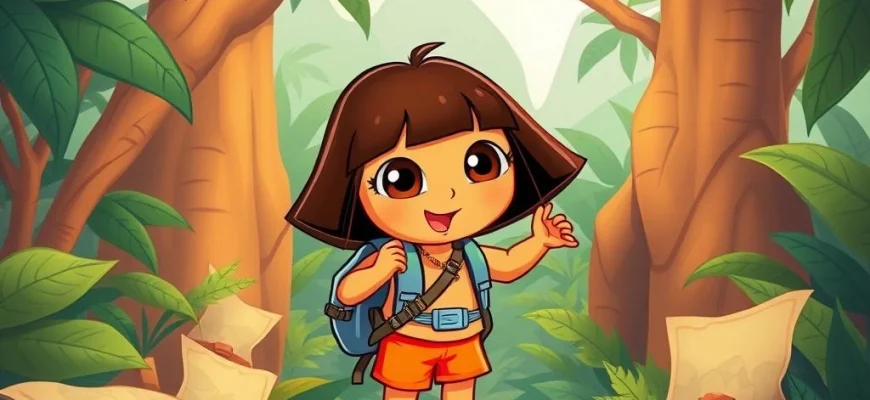If you or your little ones love the adventurous spirit of 'Dora the Explorer,' you're in for a treat! This article highlights 10 similar movies and shows that capture the same excitement, educational value, and fun-filled journeys. Perfect for young explorers and their families, these picks will keep the adventure alive.
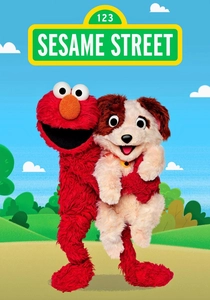
Sesame Street (1969)
Description: A long-running educational show that combines live-action, animation, and puppetry to teach children about letters, numbers, and social skills, with a strong emphasis on inclusivity and diversity.
Fact: Sesame Street was one of the first children's shows to use research-based curriculum to inform its content, ensuring it met educational goals.
 Watch Now
Watch Now 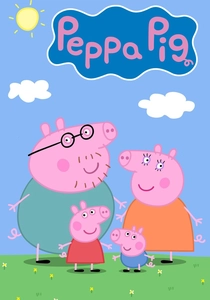
Peppa Pig (2004)
Description: Follows the everyday adventures of a young pig and her family, blending humor and simple life lessons in a way that resonates with preschoolers, often incorporating basic educational themes.
Fact: Peppa Pig has become a global phenomenon, with merchandise, theme parks, and even a touring stage show based on the series.
 Watch Now
Watch Now 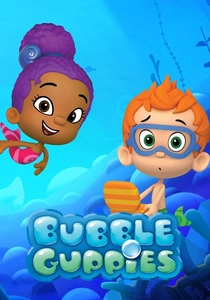
Bubble Guppies (2011)
Description: Combines underwater adventures with educational content, where a group of mer-children explore their world while learning about math, science, and literacy through songs and interactive segments.
Fact: The show's creators aimed to make learning fun by integrating music and humor into every episode, making complex concepts accessible to preschoolers.
 Watch Now
Watch Now 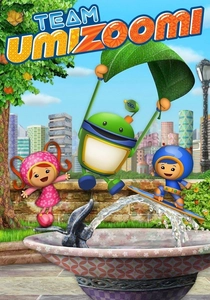
Team Umizoomi (2010)
Description: Focuses on a team of tiny heroes who use math skills to solve problems and help their community, emphasizing early math concepts through engaging, interactive storytelling.
Fact: The show uses a unique mix of animation and live-action elements to create a vibrant, engaging world for young viewers.
 Watch Now
Watch Now 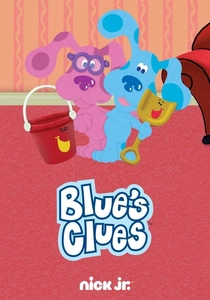
Blue's Clues (1996)
Description: A show that encourages active participation from its audience, with a host who directly addresses viewers to solve puzzles and mysteries, fostering critical thinking and problem-solving skills.
Fact: Blue's Clues was groundbreaking for its use of pauses to allow children time to respond to questions, a technique now widely used in children's programming.
 Watch Now
Watch Now 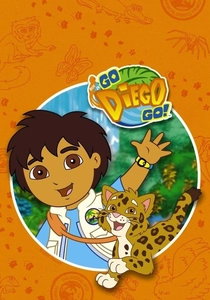
Go, Diego, Go! (2005)
Description: Features an adventurous young protagonist who embarks on educational journeys, often involving animal rescue and problem-solving, with interactive elements that engage young viewers.
Fact: Diego is the cousin of Dora from the same franchise, and the show incorporates Spanish language learning similar to its predecessor.
 Watch Now
Watch Now 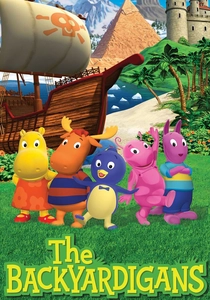
The Backyardigans (2004)
Description: Centers around a group of friends who use their imagination to embark on fantastical adventures in their backyard, blending music, dance, and storytelling to teach teamwork and creativity.
Fact: Each episode features a different musical genre, from jazz to rock, introducing children to a variety of musical styles.
 Watch Now
Watch Now 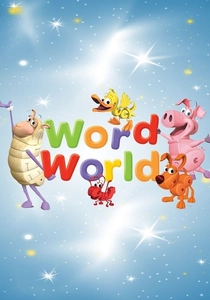
WordWorld (2007)
Description: A unique show where words come to life as the objects they represent, helping children learn spelling and vocabulary through visual and auditory reinforcement.
Fact: WordWorld was the first preschool series to focus exclusively on teaching literacy skills through a visually innovative approach where words are built letter by letter.
 Watch Now
Watch Now 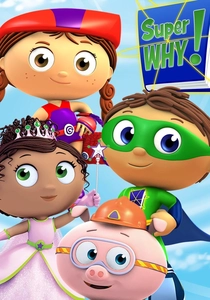
Super Why! (2007)
Description: A literacy-focused show where characters jump into storybooks to solve problems using reading and spelling skills, making learning to read an interactive adventure.
Fact: Super Why! was developed with input from literacy experts to ensure its effectiveness in teaching early reading skills.
 Watch Now
Watch Now 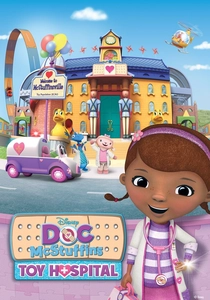
Doc McStuffins (2012)
Description: Features a young girl who 'fixes' toys in her playhouse clinic, teaching empathy, problem-solving, and basic medical concepts through imaginative play and storytelling.
Fact: The show was praised for its diverse cast and for inspiring young children, especially girls, to consider careers in medicine.
 Watch Now
Watch Now 
